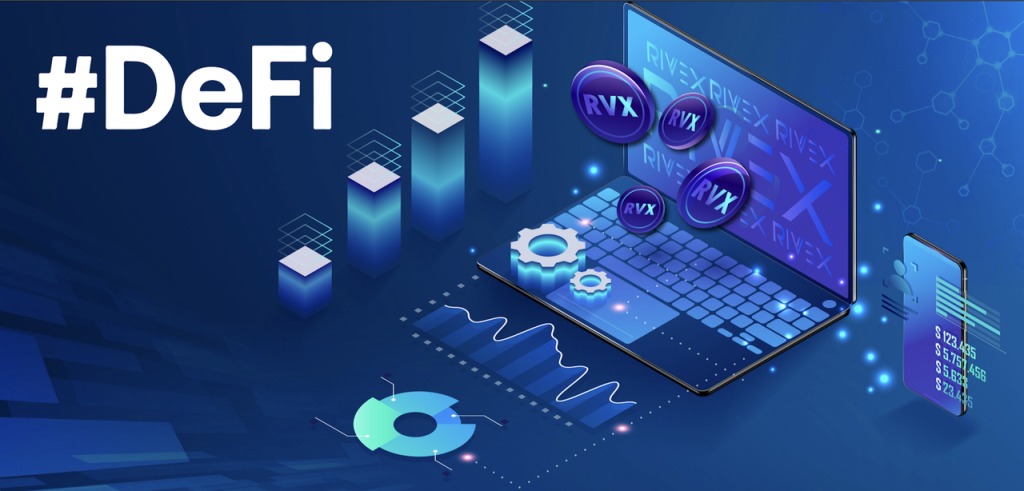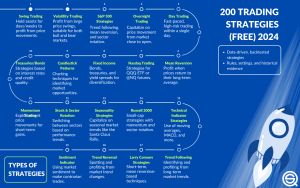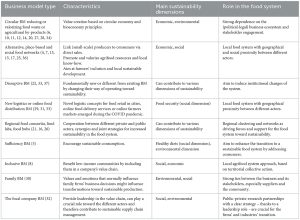The Rise of Decentralized Finance – What it Means for Investors
3 min read
Decentralized finance (DeFi) is a new industry that aims to disrupt the traditional financial world. It uses blockchain technologies and smart contracts to automate and secure transactions.
The most popular DeFi solutions include lending markets that connect borrowers and lenders using cryptocurrencies as collateral. These solutions also feature margin and leverage.
Decentralized exchanges
Decentralized exchanges (DEXs) are emerging as an alternative to centralized exchanges (CEXs). These platforms offer a variety of trading options, including peer-to-peer trades. They also offer increased security as crypto-trades do not link to personal data. They also empower consumers to bypass middlemen like brokers, exchanges, and banks.
Some DEXs rely on off-chain orderbooks, while others use on-chain smart contracts to process trades. The latter are more transparent and provide faster execution. However, they still depend on third parties to manage orders, which undermines their decentralized promise.
Other popular decentralized finance applications include lending and borrowing, crowdfunding, derivatives, and betting. Many of these services cut out middlemen by enabling users to transact directly with each other, and they offer more flexible terms than traditional financial services. These services are often built on Ethereum, the world’s second-largest cryptocurrency platform. Some, such as Compound, link cryptocurrency savers to borrowers and allow them to earn interest by putting up their assets.
Decentralized lending
Decentralized lending is one of the many financial products that are emerging using blockchain technology. This type of finance removes middlemen, which is an advantage for consumers. It also offers security and flexibility. Its use of cryptographic protocols makes it more secure than centralized banking.
In addition, decentralized financial services can provide access to the underbanked population. These services allow individuals to maintain self-custody of assets and earn interest on them. They are based on blockchain-based smart contracts that are programmed by users. These are not linked to personal information, so they can be accessed by anyone without restrictions.
These services are not without their challenges, though. For example, some dApps have been compromised by hackers, and the public blockchain is not always transparent. The risks of this type of finance should be carefully considered by investors. Fortunately, these risks can be mitigated by the growth of programming capability on blockchain networks. This will make it possible to use the platform for a variety of financial transactions, such as payments, trading securities and insurance.
Decentralized trading
Decentralized trading enables users to trade crypto-assets without the need for a central exchange. It reduces security risks such as hacking and price manipulation by eliminating middlemen. It also allows users to maintain anonymity by not sharing private keys and avoiding KYC/AML requirements. In addition, it enables traders to trade new and obscure cryptocurrencies that are difficult to find on centralized exchanges.
Using the same distributed ledger technology (DLT) as cryptocurrencies, decentralized finance enables individuals to directly interact with financial markets and services. This emerging technology eliminates centralized intermediaries such as banks and brokerage firms. It also establishes stable P2P networks that are secure and fast. Its decentralized public blockchain governs all transactions within the sector. As a result, DeFi aims to increase financial market participation while also protecting privacy and reducing costs.
Decentralized gambling
Decentralized gambling is a way to make money on virtual games without centralized operators. It uses a peer-to-peer network to connect players and cut out middlemen. Unlike traditional casinos, decentralized gambling is available to anyone with an internet connection. The technology is based on blockchain, a distributed ledger that stores transactions in blocks and strings them together to form a chain.
This means that the data on the blockchain is permanent and can’t be manipulated. This makes it more secure than traditional gambling systems, which are subject to hacking attempts.
Cryptocurrencies can also be used for decentralized lending and trading. These platforms use cryptocurrencies as collateral, which eliminates the need for bank verification. These loans can be either peer-to-peer or pool-based. Peer-to-peer lending allows borrowers to borrow money directly from other users, while pool-based loans involve lenders contributing funds into a liquidity pool that borrowers can draw on. Decentralized finance has the potential to revolutionize the financial industry, but it is still in its early stages and has many challenges. One of the biggest is regulatory scrutiny and outlook.







